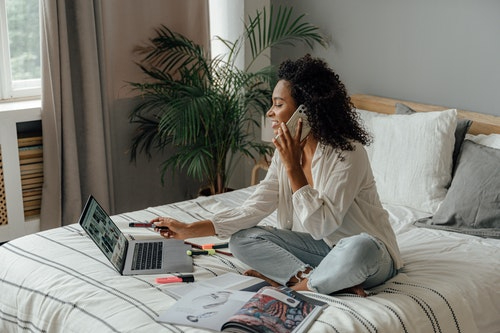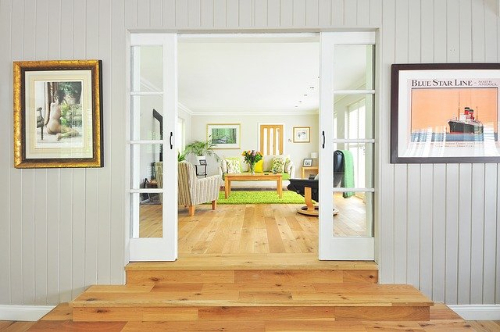I have been friends with the same group of people for almost half of my life. I met them in middle school, and we decided to go to the same high school. But even if we did not see much of each other during our college years, we made sure to remain in touch by phone and get together on any holiday.

One thing you should know about my friends is that they love going on trips. For example, three months before the summer break, my phone would start buzzing because one of them tried to make us choose whether to go up in the mountains, swim in the lake, or drive across the country with no specific destination in mind. Even when we all had our careers, they continue to do the same thing, so it did not feel like I left my childhood for good.
I want to say that my friends keep doing it as a force of habit. There are nine of us, and our schedules need to be in sync. Most of us are willing to drop whatever we are doing to go on whatever trip they have in motion. I personally only need to give my counseling partner a week’s notice before I go somewhere. However, my friends feel the need to schedule our trips ahead because we have one gal pal who tends to back out of social gatherings at the last minute: Jenna, the only married woman in the group.
I mean the literal “last minute” here, guys. Just a few days ago, for instance, we were supposed to meet Jenna at a coffee shop. We had been so busy in the last few months, so we had not been able to catch up until now. As always, this meeting was set a couple of weeks before the actual day to ensure that she could make time for it. We also reminded her about it almost every day so that she would not forget it. However, my friends and I waited at the coffee shop for two hours, waiting for Jenna on the D-day. Then, when we finally got ahold of her, she was like, “Oh, I’m sorry. There was a sudden visitor at the house. Let’s meet next time.”

Of course, our eyes rolled after hearing that, but we just went on with our day and went to a KTV bar afterward. But then, when one of my friends was about to post our pictures on Instagram, she saw an update from Jenna’s account. It was a picture of her on a beach with the caption “perfect getaway.”
Everyone went quiet for two minutes until someone said, “So, are we nothing to Jenna now? Couldn’t she have invited us to go with her?”
Despite my annoyance, I decided to look at Jenna’s behavior from a counselor’s standpoint. “It can be neglect, but I feel like it leans toward more procrastination. Jenna has been doing this ever since she got married and stopped working. She may have thought that she would see us another time anyway since we were a constant in her life,” I tried to explain.

“That does not sound good,” another friend quipped.
“No, it doesn’t. However, who do you think procrastination hurts more, her or us?” I asked.
“Us!”
“Nah. Jenna is only hurting herself by continuing to put things off. She knows her promise to meet us today; she also knows that bailing out on us would be upsetting. Yet, she still did it and even lied about it,” I uttered.
“Why do you think our friend keeps doing that?” one friend asked.
“Hmm, procrastinating typically means that someone is harboring negative emotions mostly towards themselves. They cannot deal with those emotions, so procrastinators end up setting aside activities that may push them to confront how they feel.”
“So, in Jenna’s case, does she probably feel bad about being the only person without a career among us?”

I thought about it carefully. “It’s possible, but then again, it’s challenging to know without giving Jenna a psychological assessment. The only thing we’re all sure of is that she is always procrastinating, and that’s self-harming.”
What Happened Next?
My friends did not let that conversation go. They booked a group counseling session with me the next day and dragged Jenna to my office. Then, when our friends started airing out their grievances, I saw how Jenna’s expression changed from confusion to denial to anger to defeat in less than an hour. She knows she’s a procrastinator, but she never admitted it – not even to herself – until now.
I could understand how Jenna must have felt at that moment. It could be overwhelming to know that your worst fears about yourself were true. For your closest friends to reflect on that, it might be worse. But the good thing was that our friends decided to accompany Jenna to all her counseling sessions, which was all right with her.
Though there’s honestly no cure for procrastination, it’s ideal to immediately know about it and curb its causes.



